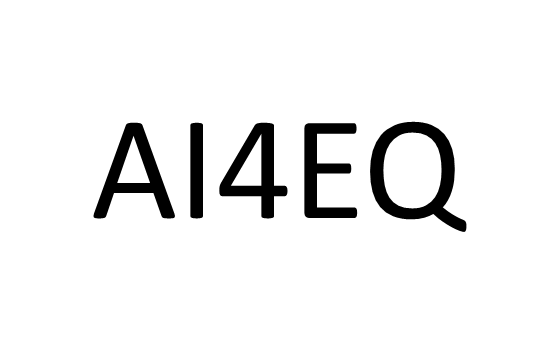Contents 4
4. ON THE EDUCATION OF AI PROFESSIONALS AND THE DIGITAL LITERACY OF THE POPULATION
● No emphasis is placed on the urgent need for multidisciplinary education and on raising the ethical and social awareness of AI professionals and researchers, as well as on the education of society as a whole in aspects of digitization and AI.
As recognized in the report of The IEEE Global Initiative on Ethics of Autonomous and Intelligent Systems Ethically Aligned Design: A Vision for Prioritizing Human Well-being with Autonomous and Intelligent Systems: «The key is to embed ethics into engineering in a way that does not make ethics a servant, but instead a partner in the process. In addition to an ethics-in-practice approach, providing students and engineers with the tools necessary to build a similar orientation into their inventions further entrenches ethical design practices […] it is recommended that engineers and practitioners come together with social scientists and philosophers to develop case studies, interactive virtual reality gaming, and additional course interventions that are relevant to students”. Education for ethically sensitive AI research is essential.
● There is no mention in point 4.C on Skills of the responsibility of educational institutions (in particular Universities) to provide curricula with the necessary multidisciplinarity, including a strong ethics-education component. Future AI professionals will need to have been educated in the ethical, philosophical, social, political, psychological, and risk analysis aspects of the development and implementation of AI technologies.
● There is no mention of the need to promote/subsidize pedagogical research in multidisciplinary curricula in view of all the above. Ethics is already a transversal competence in degrees and a specific competence in subjects such as the Final Project, but this competence is not given due attention or is even ignored. Further research is needed into pedagogical approaches that are particularly suitable for AI ethics education purposes (project-based or experiential, such as service-learning).
● Experts from different areas will have to use and live with AI in their daily work. In a future in which human-AI interaction becomes commonplace professionals from any field will need to deal with AI concepts and understand the causes and consequences of the use of AI systems. This implies a level of technical and also ethical knowledge.

